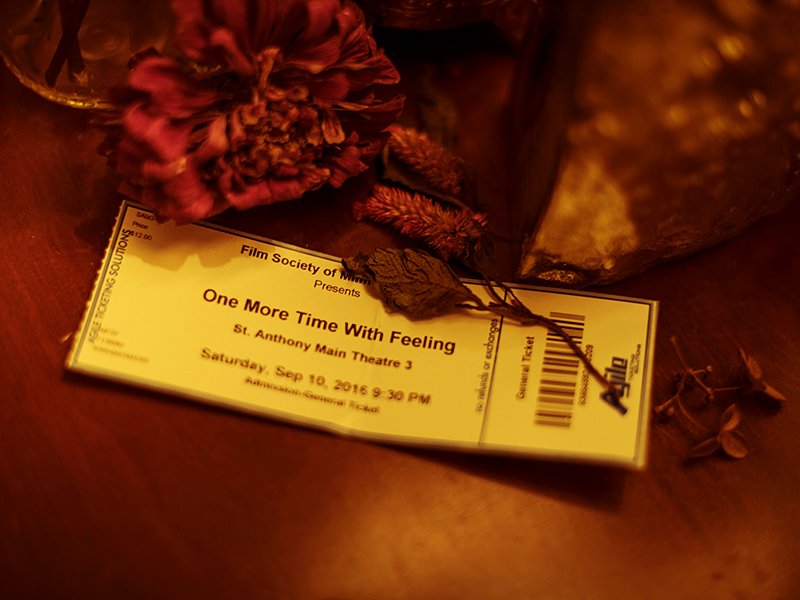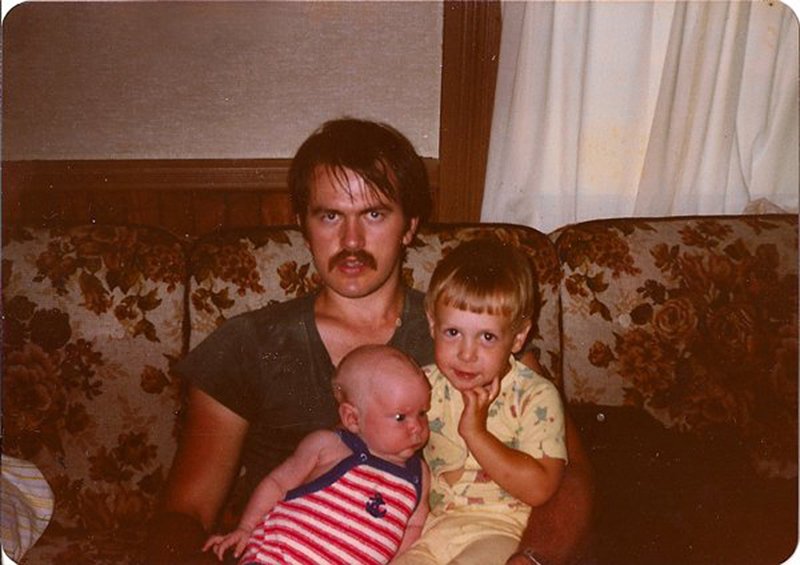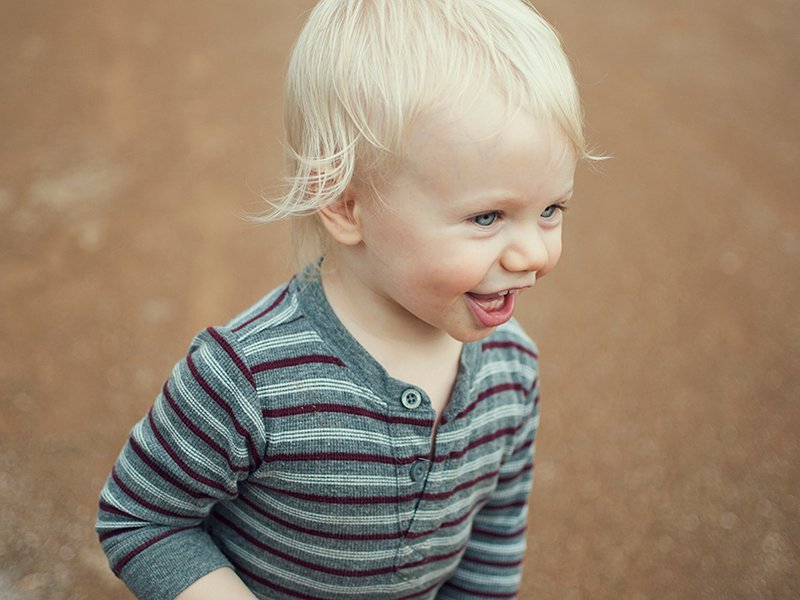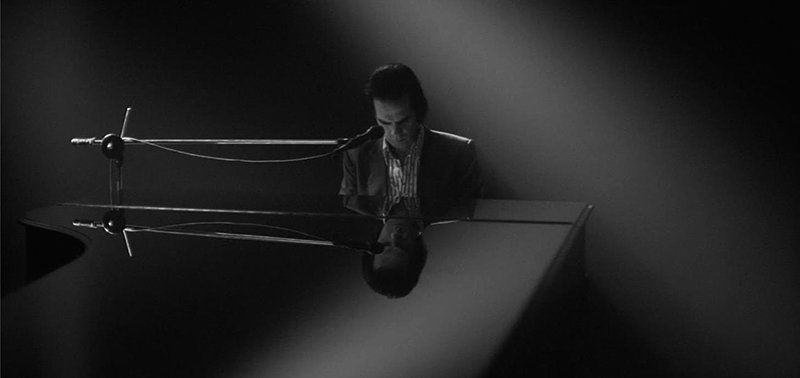
It was a little over a year ago that I read the heartbreaking news that Nick Cave’s son, Arthur Cave, had tragically fallen near Ovingdean Gap in Brighton. I’ve been a fan of Nick Cave for some 15 years, and as with the majority of my favorite music, his macabre song writing and troubling, theatrical voice offers a perfect soundtrack while I’m writing, editing photos or illustrating. I was immediately awash in empathy, imaging an artist as profoundly dark as Nick Cave, experiencing such a deep personal loss.
As a quick preface to this post, I should clarify that this isn’t an album review. The album, and the film are fucking brilliant. They’re masterpieces born of a horrific tragedy, and they’re both, without exaggeration, a gift to humanity and the human experience. If you clicked on this looking for a review, that sums mine up. This post is more about the artist, album and film’s impact on me personally.

In February of 2001, my father was killed by a drunk driver while coming home from a fishing trip in Northeastern, Pennsylvania. All at once, my life changed forever. I was 21. I was the oldest son and assumed all the estate responsibilities, while going to school full time, working and promoting these huge punk events. It was just a cascading blur of images, thoughts and memories, even when I look back on it today. My dad and I were really close. We lived together up till the day he was killed. I was completely lost.
In addition to the loss of my father, I myself, became a father in 2011. My son Mills, in many ways, was my salvation from a ten year attempt at stumbling through a prolonged grieving process that I never entirely faced. I suddenly had someone to pour myself in to that needed me, depended on me, and loved me. Becoming a father has made me much more sensitive to tragedies surrounding kids, families and the unimaginable pain parents must experience losing a child.

Saturday afternoon, I launched Spotify to begin my usual Nick Cave playlist and saw “Skeleton Tree” was available. The week prior, I saw the companion film “One More Time With Feeling” was to be screened in select cities, but that date and the launch of the album escaped me as I got consumed by day to day things. Knowing this was his first album following the loss of his son Arthur […not to mention so soon from traumatic incident itself], I sort of took a deep breath and played “Skeleton Tree” through in it’s entirety.
As soon as I finished the first play through, dug up show times and saw that “One More Time With Feeling” was showing at 9:30p.m. that night. I was accompanied by my friend @jezebeljones […also an incredibly talented songwriter/musician]. We made it early, got perfect seats and were swallowed by two gut-wrenchingly intense hours of sadness and pain, but momentary breaks of beauty and genius. This film stays with you. Even as I sit here writing, I’m forced to dig up many of my own experiences with tragic loss […memories I’d much rather leave a bay], but I’m compelled to do so, inspired by Nick Cave’s persistence to endure his own loss.

*Credit for Nick Cave photo from the film "One More Time With Feeling"
In the first few moments of the film, I could see Nick Cave going through the motions, trying to get dressed, and then dressed again for a second take. Irritable. Attempting to answer questions and stuttering. Making no sense at times. Completely on autopilot. I remember that feeling so clearly. I remember standing at the end of a line 400 people long the night of my dad’s viewing, feeling split between two consciousnesses. Attempting to smile and greet everyone, and an loud, internal monologue trying to make sense of the situation, and myself.
Obviously, if I’m making wayward wishes, it’d be that Nick Cave and his family never had to endure such a terrible loss, but selfishly, I do wish this work [both the album and film], had existed when I experienced my own. I assumed a bulletproof demeanor and to this day, don’t recall crying over the loss of my father. Nick Cave was unapologetic in his helplessness and disorientation. Openly telling us at one point “…It’s affected me in a way that I don’t understand.” Several times throughout the film, I found myself reflecting on that horrible time in my life, wishing I was more self aware; allowing myself to be lost, rather than pretending I had it all under control.
Nick narrates much of his thoughts throughout the film, thoughts I had myself for years, and thoughts I assume everyone who loses someone so close and is hurting so deeply feels. At one point, he says that he and his wife Susie have decided to be happy, almost as an act of defiance. There is so much rawness and truth is the film, I left the theater emotionally drained but overall, realizing it was the most cathartic experience I had in terms to the loss of my dad, since he was killed. Something about recognizing the pain, and confusion in an artist I feel so familiar with; knowing that I’ve gone through it all, too.
Thanks for reading. Especially this one, because it was significantly harder to write than previous posts. You can follow my blog here.
